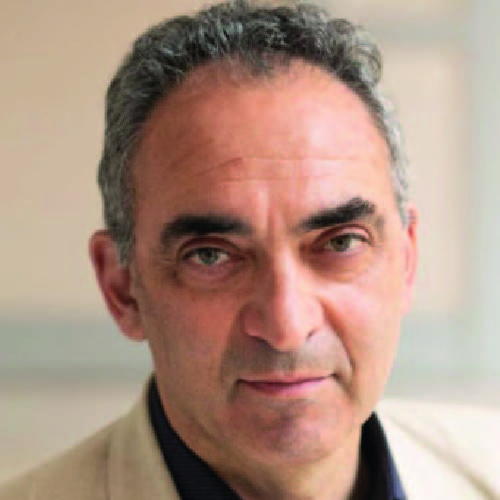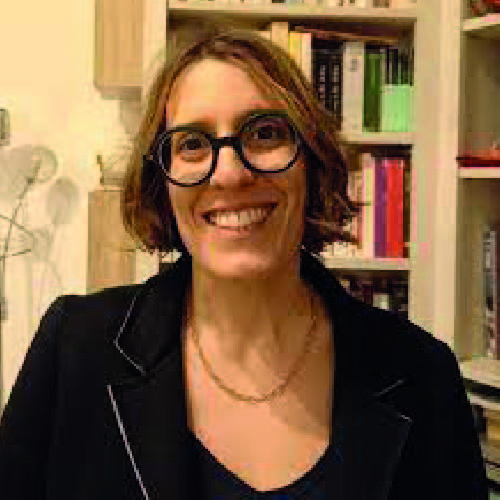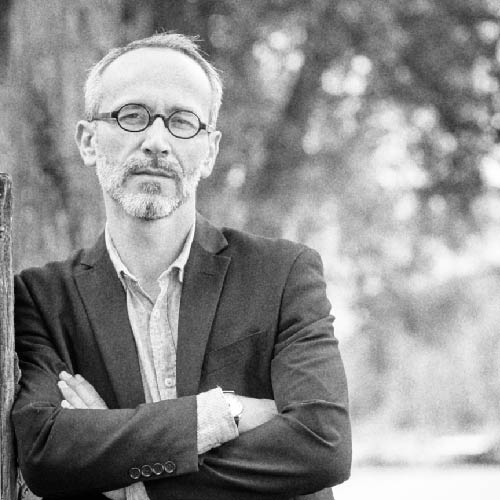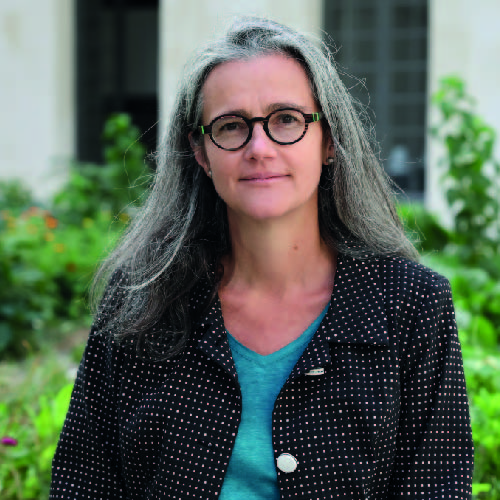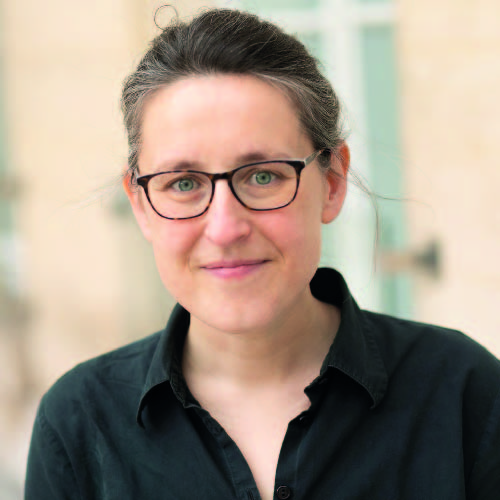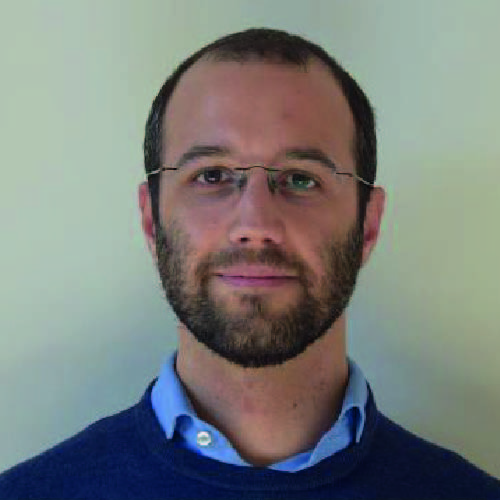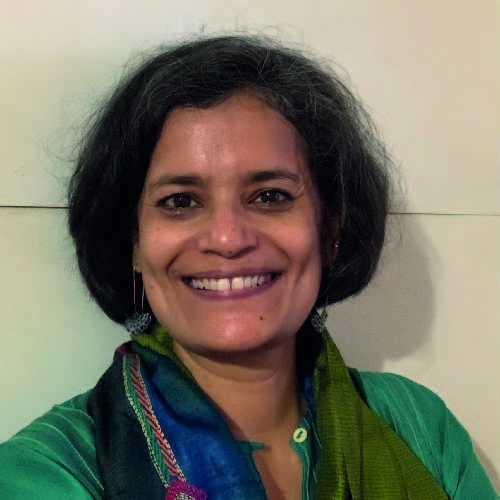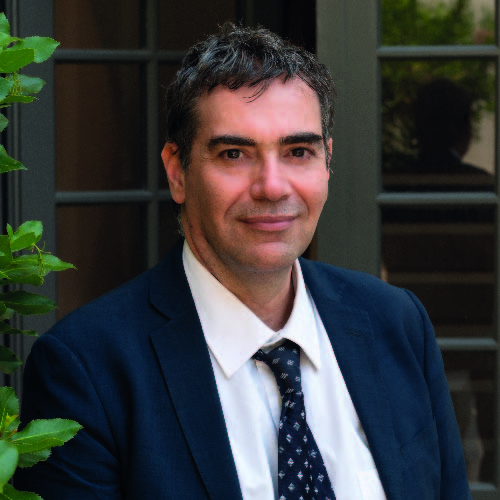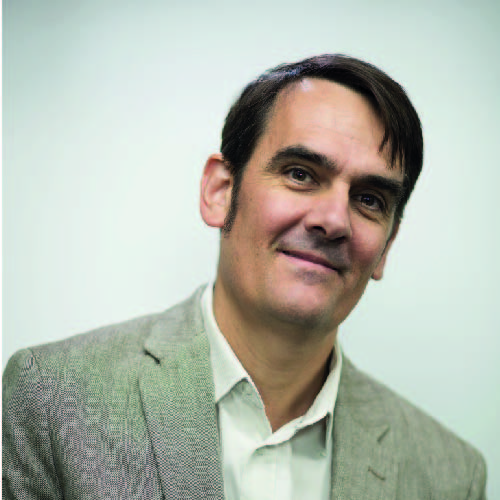AESOP 2024 ANNUAL CONGRESS | EVENING EVENT
36th AESOP Annual Congress 2024 Paris, France
“GAME CHANGER? Planning for just and sustainable urban regions”
Event Evening 03
Cities beyond growth now. Tomorrow will be too late
Organizers:
- Izabela Mironowicz, Gdańsk University of Technology
- Federico Savini, University of Amsterdam
Speakers - panellists:
- Andrea Frank, University of Birmingham, Chair of the AESOP Core Curriculum Working Group
- Peter Schmitt, Stockholm University
-
Sıla Ceren Varış, Slovak University of Technology, AESOP YA Senior Advisor
- Zeynep Şirin Enlil, Yildiz Technical University
Both research and empirical data show that it is highly unlikely that economic growth and its negative environmental impacts can be decoupled at the scale and speed required to prevent the collapse of life-supporting systems on planet Earth. Thus, economic models in which growth is not a prerequisite are being conceptualised and debated. Some of these do not address the issue of growth at all, such as doughnut economics, while others explicitly argue for degrowth as a prerequisite for the survival of life (including human life) on the planet.
Only recently has there been growing attention to the spatial aspects of the beyond growth (or explicitly degrowth) socio-economic model and the role of planning in it. As spatial planning is historically rooted in the management of economic growth, scholars are questioning the radical implications of beyond growth/degrowth for planning theories, practices and tools (e.g., Barry, 2020; Lehtinen, 2018; Monbiot, 2020; Mironowicz & Skrzypczyński, 2022; Savini, Ferreira, von Schönfeld, 2022; Xue 2021). The results of this research should very soon be translated into the way young planning professionals and scholars are educated. This debate needs to start now. The cities of tomorrow cannot be like the cities of today. And this task requires a new generation of planners.
The point we want to discuss in our evening event is the specific paradox that arises in this situation. On the one hand, we are aware of the urgent need to conceptualise, develop and implement new, perhaps radical, theories, practices and tools, and on the other, we are expected to prepare our students to enter the ruts of a world where business as usual is the rule. In our teaching we may now be paying more attention to issues of planetary crisis and adaptation to the multi-crisis in which we live, but we are still not questioning the socio-economic order or even the whole culture behind it.
The questions we want to ask during our meeting are therefore the following:
How does and how should our model of educational planning change? How do we get out of the trap of current expectations of the 'free' (ha, ha!) market versus preparing turbulence-ready, critical and sensitive young planners who understand the need to protect the Earth's life-supporting systems? A recent publication documenting surveys at planning schools could provide an interesting basis for discussion here (Schmitt & Magnusson, 2024).
Equally important is the institutional framework of the university, which in many places in Europe and beyond is trying to become more like a business, guided by criteria that are incompatible with research and teaching activities (such as efficiency). Is there room in such structures for a radical approach? Will planning schools, torn between the anticipatory need for radical change and the irrelevant goals of modern universities, be able to meet the critical challenge we all face? Let the new AESOP core curriculum, adopted in 2024, serve as a starting point for this discussion.
Last but not least, the voice of the younger generation of planners cannot be ignored. Their expectations are obviously different from those of their professors and senior colleagues. They are much more aware of the 'invisible ideology' of neoliberalism (Monbiot & Hutchison, 2024) and the consequences of its implementation around the world over the last half century. They have their demands and priorities (e.g. Varış Husar et al., 2023). How can they be implemented in the 'old' (and too slow) structures?
Peter Victor, the great proponent of degrowth, believed that we would get there by design or by disaster (2008). We would like to leave this evening's meeting with the hope that the former is still possible.
References:
AESOP Core Curriculum (2024). Available at: https://aesop-planning.eu/activities/core-curriculum/core-curriculum-review, accessed 15 June 2024.
Barry, J. (2020). Planning in and for a post-growth and post-carbon economy. [in:] S. Davoudi, R. Cowell, I. White (Eds.) Routledge Handbooks Online. The Routledge companion to environmental planning, pp. 120–129, DOI:10.4324/9781315179780-13
Lehtinen, A. A. (2018) Degrowth in City Planning. Fennia 196 (1): 43–45.
Mironowicz, I. & Skrzypczyński, R. (2022) From sustainable development to degrowth: paradigms critical towards growth and their implications for spatial planning. Samorząd Terytorialny, 7-8:379-380, pp. 80-98.
Monbiot, G. (2020) Private Sufficiency, Public Luxury: Land is the Key to the Transformation of Society. 40th Annual E.F. Schumacher Lectures, October 25, 2020. Schumacher Center for a New Economics. Available at: https://centerforneweconomics.org/publications/private-sufficiency-public-luxury-land-is-the-key-to-the-transformation-of-society/, accessed 3 September 2023.
Monbiot, G. Hutchison, P. (2024) The Invisible Doctrine. The Secret History of Neoliberalism (& How It Came to Control Your Life). Allen Lane.
Savini, F., Ferreira, A., von Schönfeld, K.C. (Eds.) (2022) Post-Growth Planning. Cities Beyond the Market Economy. New York: Routledge.
Schmitt, P. & Magnusson, D. (2024) Educating planning professionals to promote the transformation towards carbon-free cities and regions – a survey of planning schools in Europe. Planning Practice & Research, DOI: 10.1080/02697459.2024.2355421.
Varış Husar, S. C., Mehan, A., Erkan, R., Gall, T., Allkja, L., Husar, M., & Hendawy, M. (2023) What’s next? Some priorities for young planning scholars to tackle tomorrow’s complex challenges. European Planning Studies, 31(11), 2368–2384, DOI:10.1080/09654313.2023.2218417.
Victor, P. (2008) Managing Without Growth: Slower by Design, Not Disaster. Edward Elgar Publishing
Xue, J. (2021) Urban planning and degrowth: a missing dialogue. Local Environment, DOI: 10.1080/13549839.2020.1867840.
Keywords: degrowth, post-growth cities, degrowth planning, urban transformation, planning education
LOC
The Local Organising Committee
